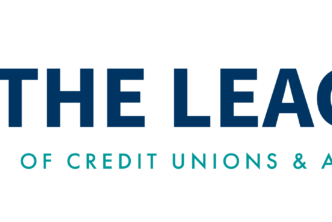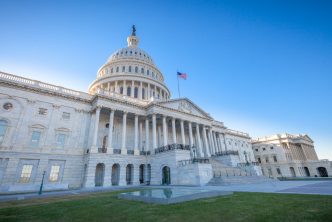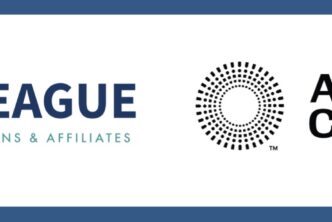Georgia legislative and regulatory officials are impressed with how the state’s credit unions have helped consumers to handle the COVID-19 pandemic – and now officials are focused on creating an operating environment in which credit unions can thrive in the wake of this unprecedented event.
That was the message lobbyists, regulators and legislators delivered to the 30 credit union professionals who joined the Georgia Credit Union Association’s Virtual Advocacy Conference on March 12.
“If I don’t accomplish anything else here today, from the State of Georgia’s perspective, I wanted to say a huge ‘thank you’ for everything the credit union industry has done to rise up and to become part of a solution during the pandemic,” said Kevin Hagler, commissioner of the Georgia Department of Banking and Finance (GDBF). “I know public accolades are typically reserved for the medical workers on the front lines – and they do deserve it. But it’s important to note everybody on this call is also an essential worker.”
During the GAC session, participants from credit unions across Georgia heard from legislators including Gov. Brian Kemp; Lt. Gov. Geoff Duncan; Rep. Clint Crowe (R-110); Majority Leader Rep. Jon Burns (R-159); Sen. Bo Hatchett (R-50); and Sen. Elena Parent (D-42). Both Hagler and GDBF Deputy Commissioner Melissa Sneed discussed the regulatory priorities the GBDF will be keeping top of mind over the next year and Governmental Affairs Sydney Rubin provided a governmental affairs update.
Participants also had the pleasure of sitting in on a panel interview between Democratic Strategist Tharon Johnson and Republican Strategist Brian Robinson, co-hosts of the Political Breakfast Podcast. The two accomplished pundits debated as to whether Georgia is a blue or red (or purple!) state in the wake of the 2020 elections.
Most speakers illustrated the ways in which Georgia officials plan to create opportunity for businesses including credit unions to grow coming out of the pandemic.
Rubin, for instance, said LSCU’s advocacy department will have its eye on whether Remote Online Notarization laws could become permanent, allowing credit unions to continue conducting notarizations virtually. That, in turn, would allow them to function more efficiently and competitively in the “new normal.”
By the same token, Sneed said GDBF will be taking a modified stance on the state’s credit unions’ credit union risk management in light of loan adjustments that were made to help members through the pandemic.
“There are several areas where we will be taking a meaningful and understanding approach just to evaluate the risk management posture of the portfolio in relation to modifications that were largely made during the pandemic – and in some cases continue to be made,” Sneed said. “Really, what we’re looking at is that management has policies and procedures in place for those credit renewals, extensions and modifications under those CARES Act programs.”
She suggested credit unions make sure they understand how many borrowers required modifications and that they attempt to predict how these may affect the business of the credit union moving forward.
Burns, Crowe and Duncan spoke about how elected officials plan to create an environment that can help credit unions better assess changes they’ve had through the last year and thrive in a “new normal.” Duncan said it’s what credit unions deserve.
“To think about all the vital roles that credit unions play in helping communities and business grow and in helping individual families be able to achieve their dreams – it really makes you all a priceless commodity. And through COVID, y’all haven’t missed a beat,” he said. “As lieutenant governor, the absolute best thing I can do for credit unions – the absolute best thing I can do – is support and try to procure a strong state economy. And that’s what we plan to do.”
Participants of this Virtual Advocacy Convention said they appreciated Duncan’s supportive words as well as all the insight they received into how regulation and legislation can help them navigate through the challenges presented by the past year.
“I never thought a five-hour virtual meeting would sail by so fast,” said Stacy Tallent, CEO of Health Center Credit Union. “LSCU did a great job and lined up some really good speakers. It was almost as good as being there in person – and I’m not just saying that because I won a door prize.”
Florida and Alabama will host state GAC events, next. Click here for more information and to register.





